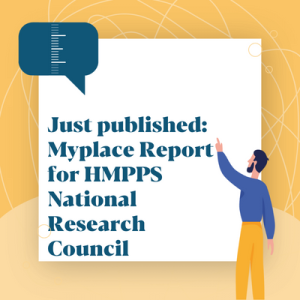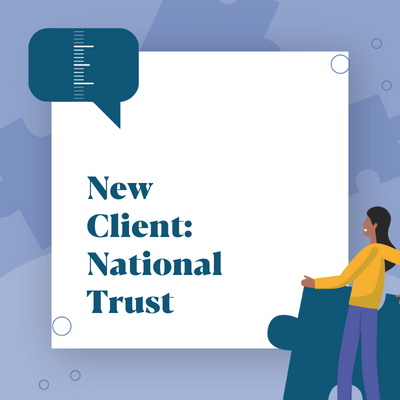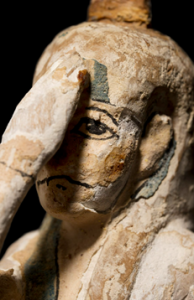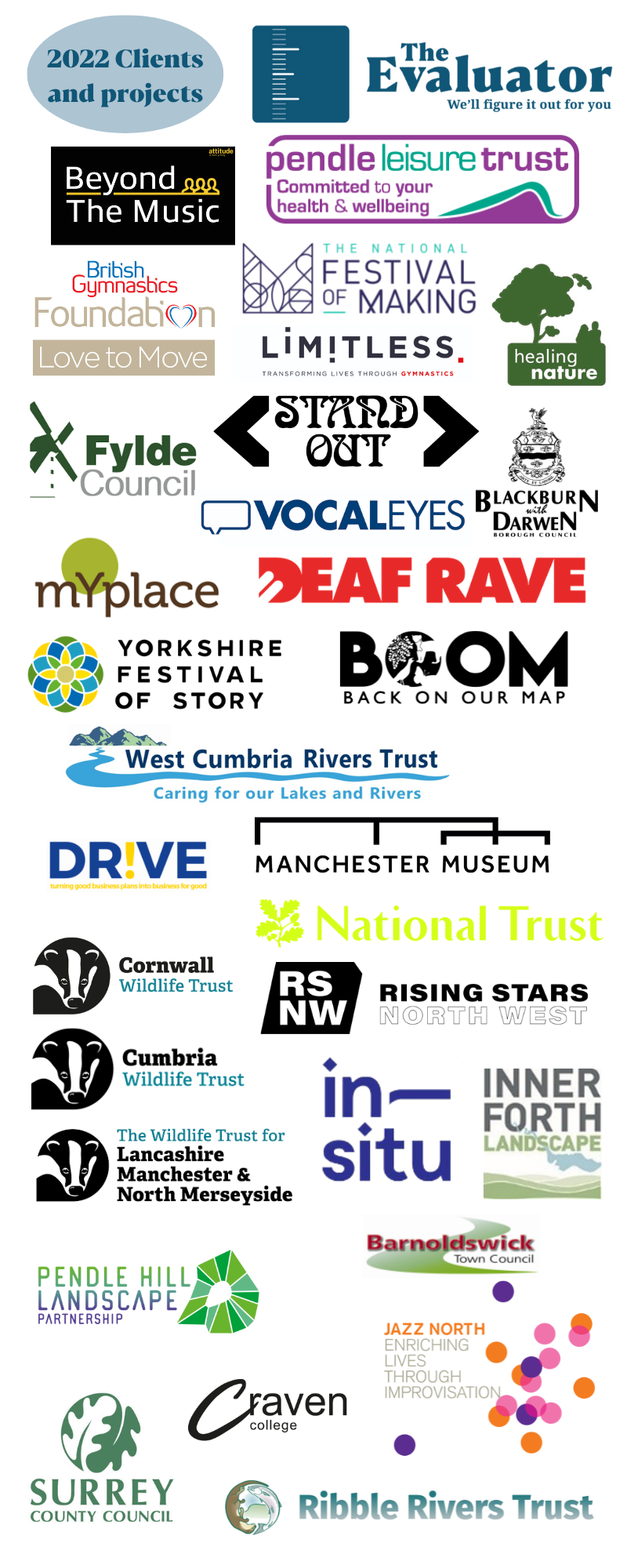Social Return on Investment; What is it? And do I want it?
Social Return on Investment (SROI) has been around for quite a while, but it’s still not that well understood. Our director, Kirsty Rose Parker, completed the training back in 2010 and has used it on many occasions.
Carrying out a SROI is a robust framework for writing and describing a wider context of value. It puts a financial proxy on to a project. It is presented in monetary terms but describes value, not actual money. Because SROI is robust and has a structured methodology, it does have some key principles.
- Change is change and might not always be positive; there may be some negative implications
- Stakeholders are key to the whole process; an SROI should start with stakeholders
- SROI uses financial proxies to value change. Throughout this SROI, existing measures of other similar experiences that could also make the changes our participants told us about have been used as financial proxies.
- It can’t include everything – not everything that changes in people’s lives is down to the project. It is just as important to know when to stop.
- An SROI should be truthful. It goes without saying really, but on an exercise like this honesty is the best policy. For an SROI to be believable it does need to be based on evidence and data, and not over-claimed.
- An SROI should be transparent; explaining the process to give transparency to all the decisions made.
- Results should be verified, either by stakeholders or experts or both
Some funders do recommend ‘Social Return on Investment’ and all respond positively to it. It is a good methodology and we often follow points 1 and 2 in other evaluations, as we like the structure of reminding us to keep an open mind and see what people tell us.
It works best on projects which make big changes to peoples lives; whether that is changes to mental health or overall health, if people get jobs, or are supported to get housing, for those living with dementia or addiction although the process can be adapted to almost all projects or even an organisation as a whole.
It works best on projects which have a clear start point which can be measured, and ideally would look at value over time. If everyone started a project on the same day, it would need to allow a few months for changes to take place. If a programme allows people to join at any time it can be quicker, as then a team of evaluators would be able to talk to people who had just joined and those who had been taking part for a while in the same month.
It is a process of reflection, and evaluation. It will help teams to think about the changes they enable and to see what their impact is. It can help to build pride in a project or organisation. It can definitely increase investment as it gives investors a clear sense of the change their investment enables.
To simplify; If your project changes lives, then yes you want a SROI. If you can get hold of people taking part then yes you can do a SROI. It does need to be done during a project, it’s not impossible to do one retrospectively but it is much harder, so do try and plan one in earlier rather than later.
Give us a call if you want to know more, we’d be happy to chat through the process. If you want to do it for yourself…
More information, including a guide to working out a SROI can be found here.










